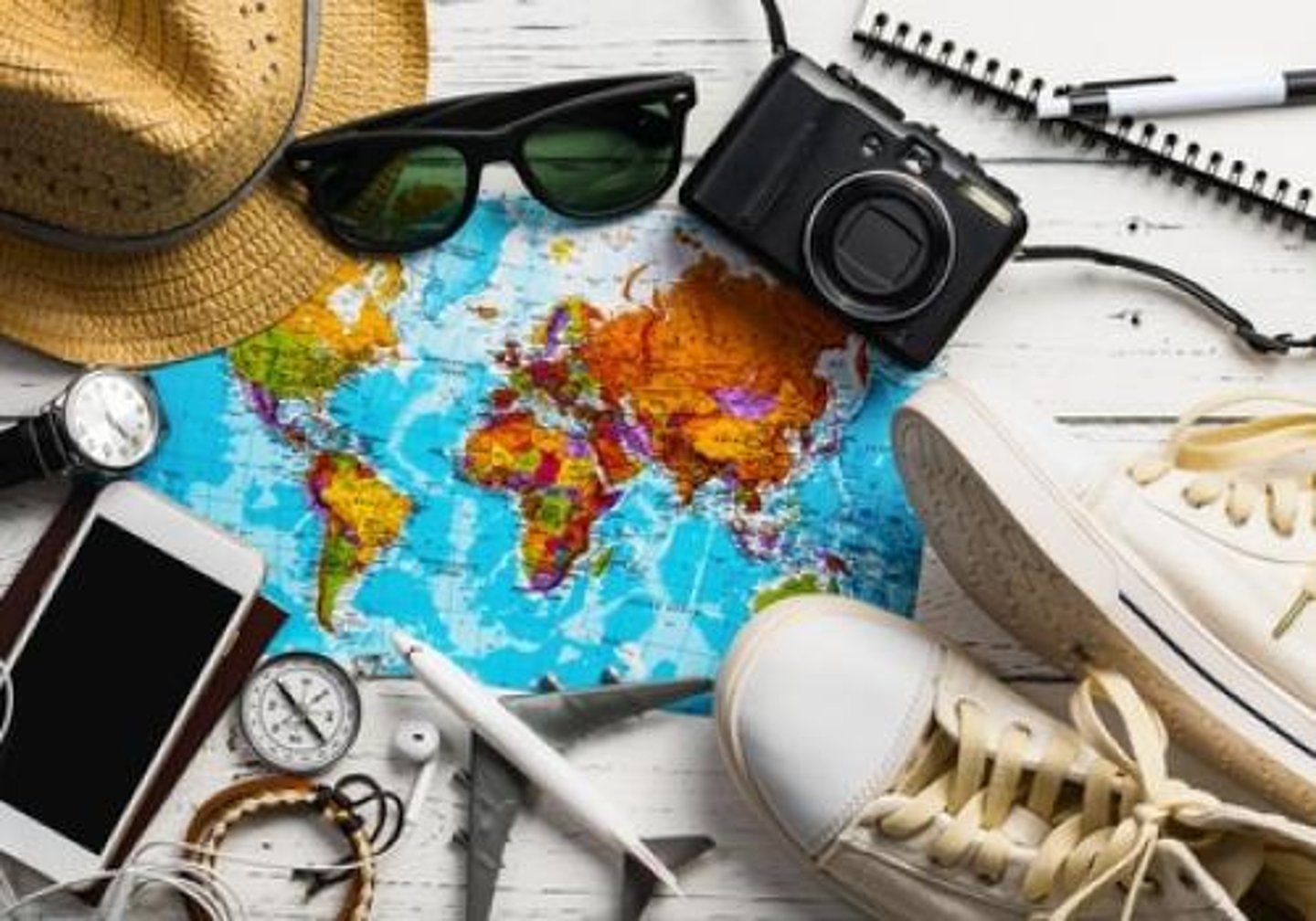How and Why to Unlock the Power of Rewards to Elevate Customer Experience in Hospitality
Travel is officially back on the docket. According to the U.S. Travel Association, inflation isn’t hampering bookings as US domestic leisure and business travel experienced growth this year, and both are expected to continue growing in 2024. This reinvigoration of the industry is creating prime marketing opportunities for customer acquisition and engagement ahead of the busy travel booking season. And rewards and incentives need to be table stakes in your marketing mix---particularly embedded rewards like digital prepaid cards and egifts. These rewards can be directly embedded into exchanges with customers and seamlessly delivered and accessed from almost anywhere across multiple channels like email, digital wallets and retailer apps.
Rewards are incredibly effective emotional drivers for customers and their psychological impact is quite simple: when people receive a reward, especially a versatile, branded one like a prepaid or gift card, it can create a halo effect of positive brand affinity for the business issuing the reward.
Incorporating embedded rewards into your marketing initiatives is simple, effective and quick—and you’ll be giving your customers what they want. More than one third of survey respondents[1] report buying prepaid and gift cards for themselves, so it’s no stretch to assume consumers also want them as rewards for and incentives for their shopping behaviors.
What Exactly Do Embedded Rewards Do?
- Maximize your marketing spend: Embedded rewards can target your most motivated and loyal customers, ultimately driving more sales, via reward-based promotions. Unlike traditional discount-based promotions, rewards encourage follow-up behaviors from customers that provide brands with touchpoint opportunities throughout the customer journey. This marketing tactic packs a powerful punch: take for instance this success story for how Edmonton's Best Hotels Incentives Program reignited its hotel booking program for 800% improved results. Our research[2] found that businesses that offer reward-based promotions benefit from:
- 174% year-over-year increase in cross-sell and up-sell revenue
- 105% year-over-year increase in annual revenue
- 99% year-over-year improvement in customer lifetime value
- 92% year-over-year increase in average profit margin per customer
- 32% better ROI on marketing spend
- Leverage smart technology. Marketing technology solutions (martech solutions), including APIs, enable businesses to embed rewards directly into customer interactions throughout the purchase process, thereby creating simplified and more positive interactions, nurturing ongoing engagement opportunities and building relationships. Embedded rewards technology can also help streamline your tech stack since APIs can be applied to existing platforms you use everyday, automate historically cumbersome business processes, personalize and tailor future offers and improve customer experience before, during and after point-of-sale.
- Offer seamless delivery for instant impact and ongoing engagement. In the age of digital transformation, rewards that are digitally enabled to meet people where they are (e.g., via smartphone while they are traveling) enable brands to connect with consumers quickly in meaningful ways. You can offer embedded rewards when people sign up for your loyalty program, participate in a promotion, participate in referral programs or provide reviews to learn more about customer experience and improve it.
- Help offset inflation. Consumers are actively seeking deals and promotions to combat economic challenges; embedded rewards can provide unexpected relief. Research[3] indicates that 60% of respondents plan to continue using deal-seeking tools, opening the door for travel and hospitality brands to offer embedded rewards that will help consumers pay for everyday items, more easily afford to travel and even treat themselves during a trip. This added engagement can help protect your bottom line via spendback, upsell- and cross-sell opportunities.
- Help make things right. The travel industry has faced its fair share of challenges over the last few months, with an unfortunate number of headlines detailing poor customer experiences in a variety of facets. Brands can turn adversity into advantage by leveraging embedded rewards to quickly make amends and offer appeasements. Taking responsibility for lackluster experiences provides brand transparency that, when combined with a token of thanks or an apology, can go a long way in earning back lost trust and solidifying long-term relationships with your customers.
Strike While the Iron is Hot
Modern-day rewards and incentives like embedded rewards present opportunities for travel and hospitality brands to excel. Whether you’re looking to more thoughtfully engage your customers, acquire new ones, drive growth or foster loyalty, delivering embedded rewards and incentives for a variety of use cases will enhance customer experience and lead to long-term business benefits.
About the Author
Jeff Haughton, SVP, Incentives, Corporate Development & Strategy at Blackhawk Network (BHN)
[1] BHN’s “2023 Global Gifting Study” is based on the findings of an internet-based survey conducted by Grassroots on behalf of BHN between February 3–8, 2023. The sample size included 2,000 US respondents ages 18+.
[2] “Next-Generation Promotions: Foster Customer Engagement & Maximize Marketing Effectiveness” was an online study conducted independently by Aberdeen Group on behalf of Blackhawk Network between January and March 2023. The sample size included 4,250 consumers ages 18+ and 400 business professionals from the US, UK, Canada and Australia.
[3] “Inflation (and More)” is an internet-based survey conducted by Survey Monkey on behalf of Blackhawk Network (BHN) in June 2022. The sample size included 3,206 U.S. respondents ages 18+.

